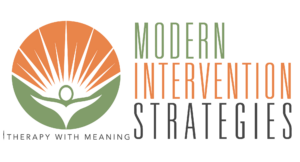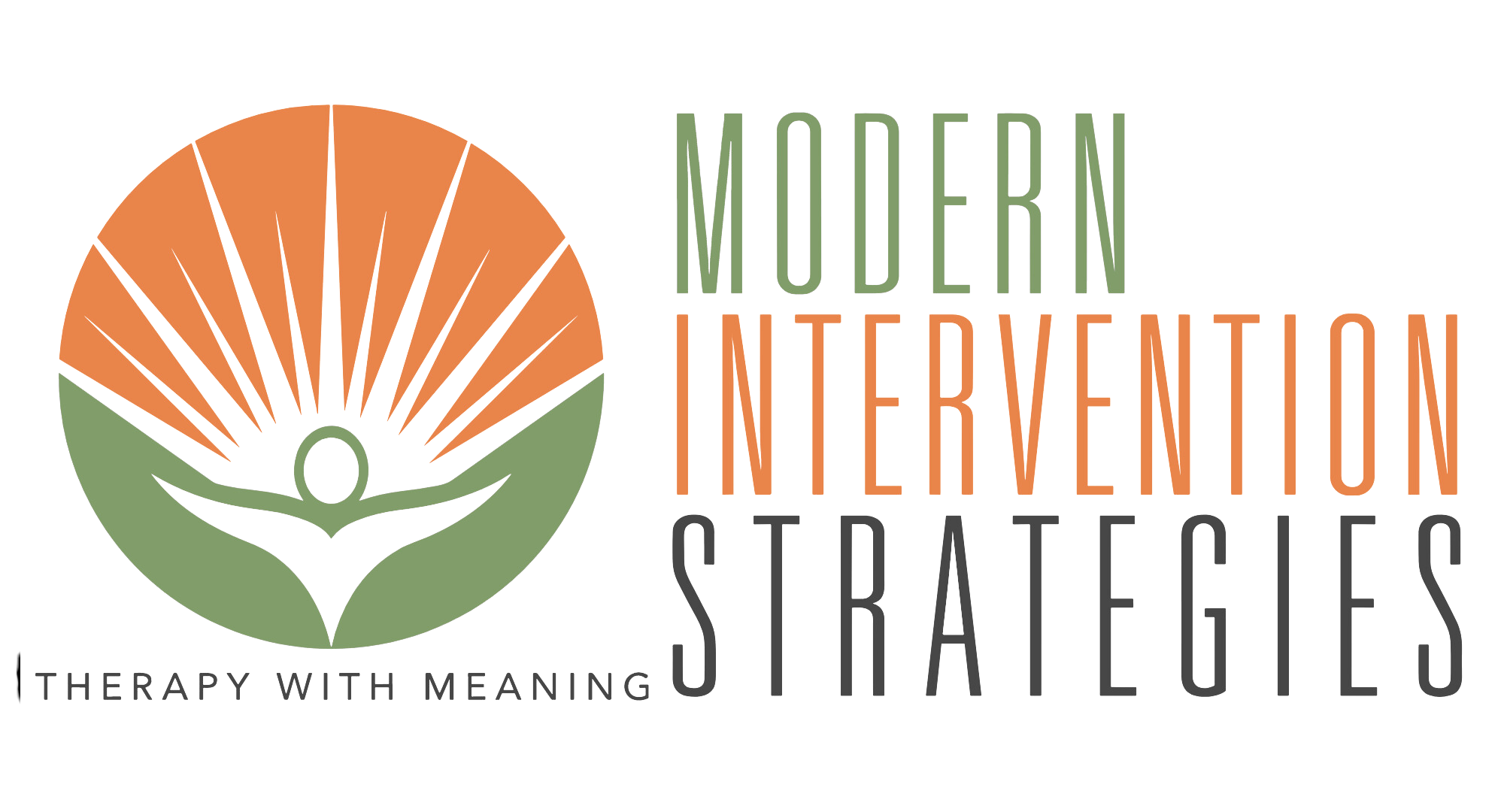Depression is one of the most common yet misunderstood mental health conditions. It’s not simply about having a bad day or feeling sad—it’s a serious mood disorder that affects how you feel, think, and handle daily activities. Whether you’re trying to understand depression for yourself or someone you care about, knowing the symptoms and seeking help are crucial first steps.
What is Depression?
Depression, also known as clinical depression or major depressive disorder, is a mood disorder characterized by persistent sadness and a lack of interest or pleasure in activities. It’s not a sign of weakness or a character flaw. As Dr. Craig Sawchuk aptly states:
“Depression isn’t a weakness or a character flaw. It’s not about being in a bad mood, and people who experience depression can’t just snap out of it.”
Approximately one in six people will experience a major depressive episode during their lifetime. Each year, millions of adults—across all ages, races, and genders—struggle with this condition.
Emotional and Physical Symptoms of Depression
Depression manifests in various ways, affecting both your mind and body. Common symptoms include:

- Emotional Symptoms:
- Feeling sad, irritable, or apathetic
- Negative thoughts, including feelings of hopelessness or helplessness
- Being overly critical of yourself or others
- In severe cases, thoughts of not wanting to live
- Physical Symptoms:
- Low energy levels, constant fatigue
- Disrupted sleep patterns—trouble falling asleep or sleeping too much
- Changes in appetite, leading to weight gain or loss
- Physical slowing of movements or speech
These symptoms often interact, creating a cycle that makes it difficult to break free. As Dr. Sawchuk explains:
“You may feel trapped, withdrawing from others and finding it hard to stay motivated to meet daily responsibilities.”
What Causes Depression?
There is no single cause of depression. Instead, it results from a complex interplay of factors:
- Biological Factors:
Genetics, brain chemistry imbalances, and hormonal changes play significant roles. For example, disruptions in neurotransmitters like serotonin can affect mood, sleep, and appetite. - Social Factors:
Stressful life events, such as losing a loved one, financial difficulties, or lack of social support, increase the risk of depression. Limited access to basic resources like housing and healthcare further contributes. - Psychological Factors:
Negative thinking patterns, avoidance behaviors, and even substance use can exacerbate depression symptoms, making it harder to recover.
How Long Does Depression Last?
Depression varies greatly from person to person. Some individuals may experience a single depressive episode lasting weeks to months, while others face recurring bouts of depression over their lifetime. Seeking help early can significantly improve recovery time.
How to Get Out of a Depressive State
Overcoming depression starts with recognizing the need for support and exploring effective treatment options. Here are some strategies that can help:
- Therapy:
Cognitive Behavioral Therapy (CBT) is highly effective in managing depression. It focuses on challenging negative thought patterns and adopting healthier coping skills.”CBT teaches skills to better manage negative thoughts and improve coping behaviors to help break you out of cycles of depression.” - Medications:
Antidepressants, such as SSRIs, can help regulate mood by balancing brain chemicals. Consult a healthcare provider to determine the right medication for your needs. - Lifestyle Changes:
- Improve sleep habits
- Incorporate regular exercise to boost endorphins
- Address underlying health conditions, such as thyroid disorders or diabetes
- Building Support Systems:
Talking to trusted friends, family, or joining support groups can alleviate feelings of isolation.

How to Recognize Triggers and Cope Effectively
Understanding what triggers your depression is key to managing it effectively. Common triggers include stress, loss, and significant life changes. Develop coping skills such as mindfulness, journaling, or deep breathing exercises to handle these moments.
Hope and Recovery: You’re Not Alone
Living with depression isn’t easy, but it’s important to remember that help is available. Treatment is not one-size-fits-all; finding what works for you may take time. As Dr. Sawchuk emphasizes:
“Whatever the cause, depression is not your fault, and it can be treated.”
If you’re hesitant to talk to a healthcare provider, start by opening up to a trusted friend or loved one. Taking that first step is often the hardest, but it’s also the most important.
Take the Next Step Toward Healing
Depression doesn’t define you. While the journey to recovery may be challenging, it is entirely possible with the right support and resources. Seek professional help, try small but impactful changes in your daily routine, and never hesitate to ask for help when you need it.
You’re not alone, and effective treatments and support systems are here to help you feel better.





